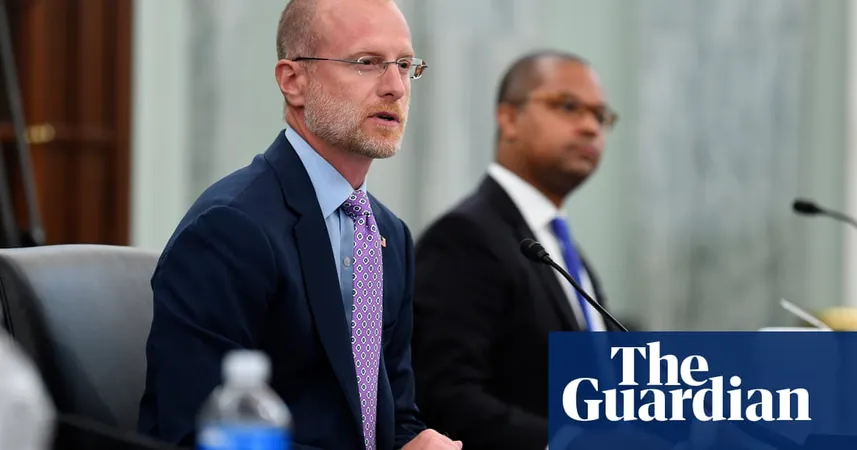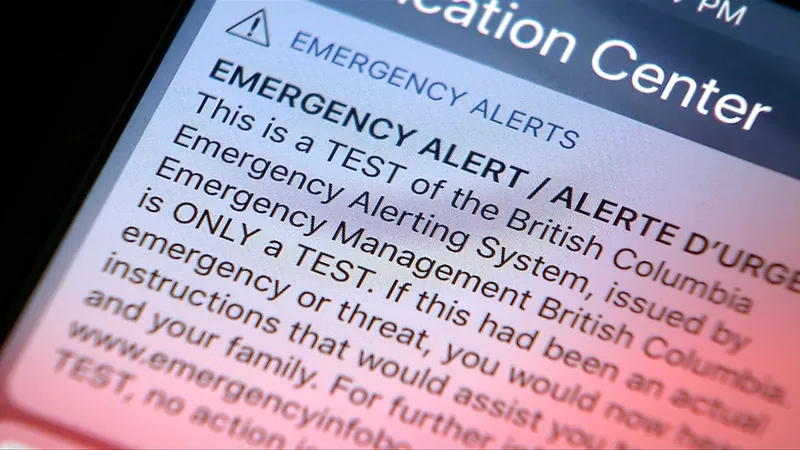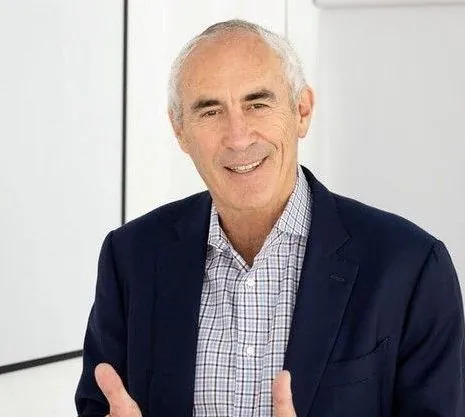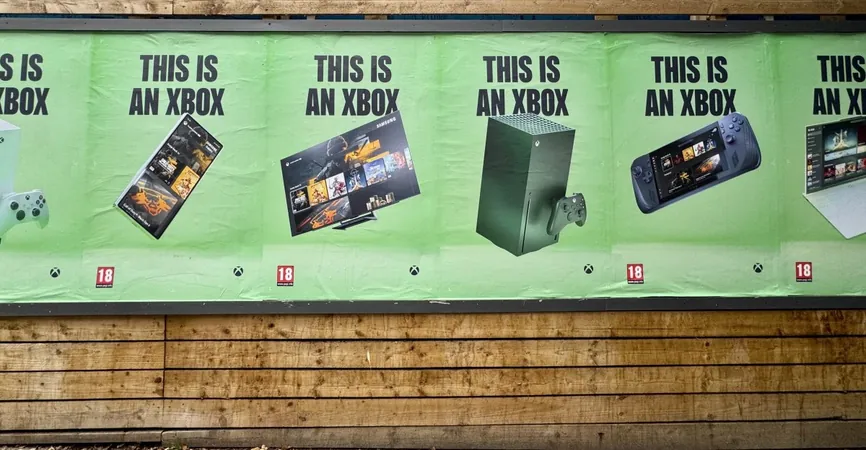
Trump Appoints Telecom Critic Brendan Carr as FCC Chair: What This Means for Big Tech and Free Speech
2024-11-18
Author: Jacques
Trump Appoints Telecom Critic Brendan Carr as FCC Chair
In a bold move that has sent ripples across the telecommunications sector, President-elect Donald Trump has announced the nomination of Brendan Carr to head the Federal Communications Commission (FCC). A staunch critic of the Biden administration's telecom strategies, Carr, 45, currently serves as the top Republican at the agency.
Carr has made headlines for vocally opposing significant decisions, including the FCC’s failure to finalize nearly $900 million in broadband subsidies for Elon Musk’s SpaceX satellite internet service, Starlink. He has also challenged the Biden administration's $42 billion broadband infrastructure initiative and its spectrum policies, calling for a reassessment of these critical frameworks.
Last week, Carr addressed tech giants Meta (Facebook), Google (Alphabet), Apple, and Microsoft, accusing them of censorship against American citizens. In a fervent declaration, he stated that the FCC must "restore free speech rights for everyday Americans," highlighting a potentially aggressive approach to regulating big tech's influence.
Drawing from Trump's track record of directly confronting major media companies, Carr's rhetoric echoes a similar sentiment where Trump has suggested that networks like ABC, NBC, and CBS could face scrutiny regarding their FCC licenses. Notably, both Trump and Carr have previously criticized NBC for allowing Vice President Kamala Harris to appear on *Saturday Night Live* during a pivotal election period.
During Trump's first term, he called on the FCC to revoke broadcasting licenses, which former FCC Chair Ajit Pai dismissed, stating that the FCC lacks the legal authority to revoke licenses based on content. The existing framework allows for eight-year licenses to individual broadcast stations rather than to the networks themselves, a nuance that complicates any potential actions against them.
In 2022, Carr became the first FCC commissioner to visit Taiwan, marking a pivotal moment in his firm stance against Chinese telecommunications entities. He has consistently advocated for maintaining a hardline approach towards these companies during his tenure.
Notably, Carr opposed the FCC's decision to reinstate net neutrality rules, which were initially rolled back during Trump’s administration. The current Biden FCC's efforts to restore these rules have been stalled due to ongoing legal challenges.
Trump’s original nomination of Carr came in January 2017 after Carr had served as the agency's general counsel. As the incoming administration prepares to take the reins, it will need to nominate a Republican member to fill a seat on the five-member commission for full control.
In his statement regarding the nomination, Trump lauded Carr as "a warrior for free speech," asserting that he has battled against regulatory measures that, in his view, have suppressed American freedoms and hampered economic growth.
With Carr at the helm, the FCC may see a shift towards a more aggressive regulatory framework aimed at balancing free speech concerns with the oversight of major telecommunications and tech companies. Can this new leadership pave the way for a more open and accountable internet? Time will tell, but the stakes have never been higher.









 Brasil (PT)
Brasil (PT)
 Canada (EN)
Canada (EN)
 Chile (ES)
Chile (ES)
 España (ES)
España (ES)
 France (FR)
France (FR)
 Hong Kong (EN)
Hong Kong (EN)
 Italia (IT)
Italia (IT)
 日本 (JA)
日本 (JA)
 Magyarország (HU)
Magyarország (HU)
 Norge (NO)
Norge (NO)
 Polska (PL)
Polska (PL)
 Schweiz (DE)
Schweiz (DE)
 Singapore (EN)
Singapore (EN)
 Sverige (SV)
Sverige (SV)
 Suomi (FI)
Suomi (FI)
 Türkiye (TR)
Türkiye (TR)